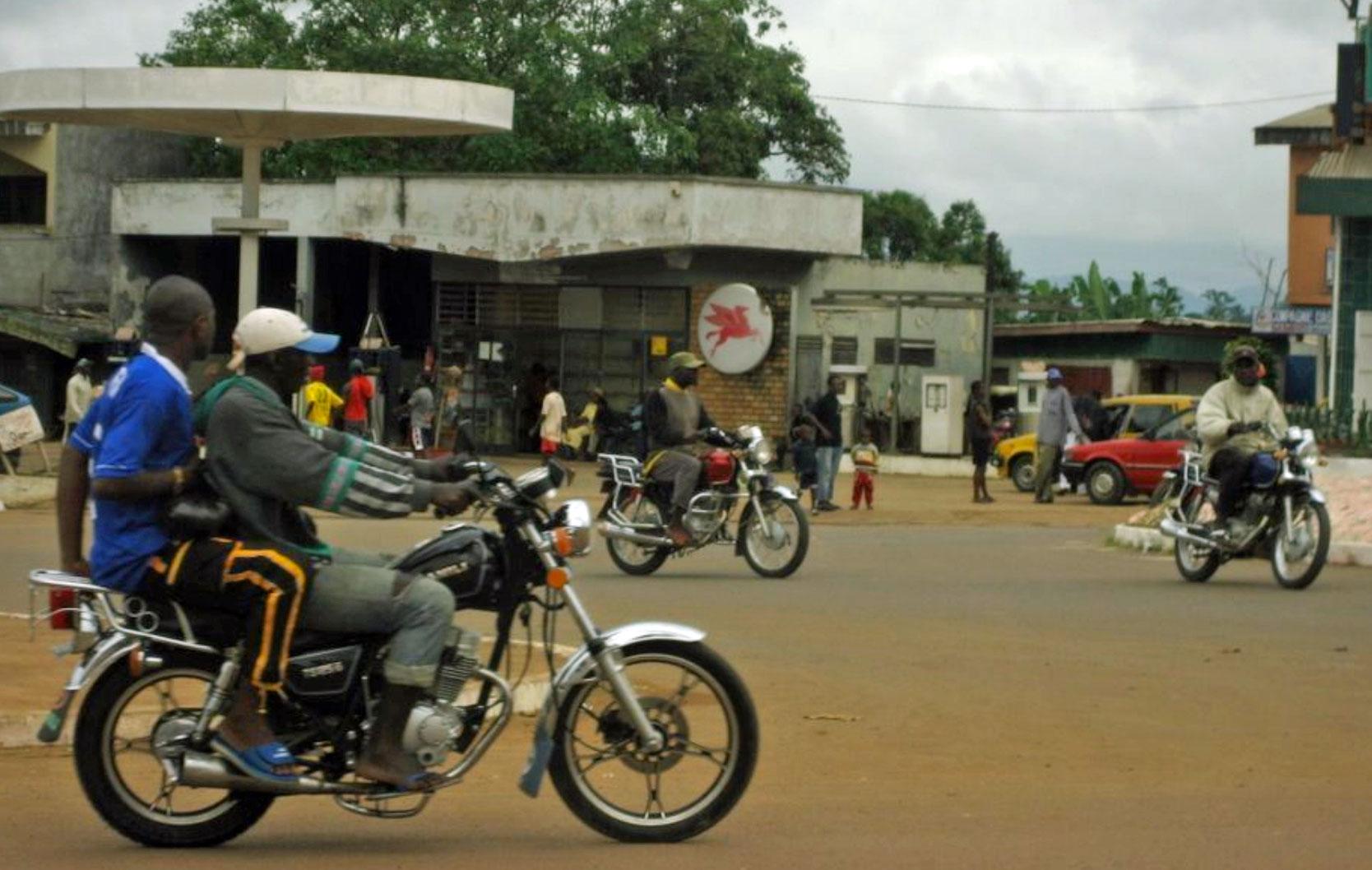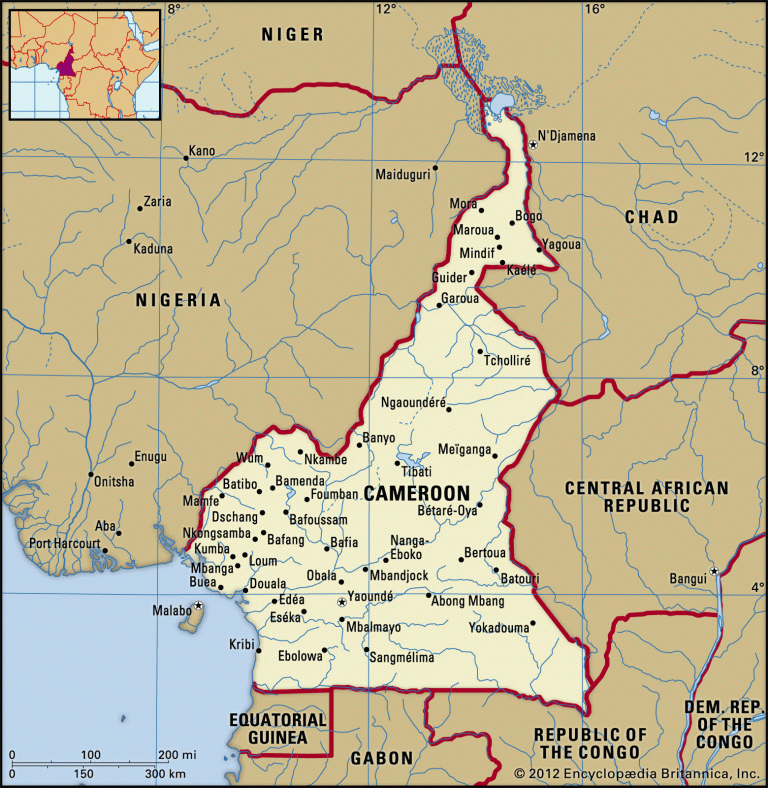Cameroon: A flash of red thong leads to arrest
Colin Stewart is a 45-year journalism veteran. He is the…
Police in southern Cameroon arrested a gay man shortly before Christmas after seeing his red thong, which was briefly visible as he climbed onto a motorbike.

By Courtney Stans
Thom (pseudonym), age 29, was arrested around 4 p.m on Dec. 22 in Ebolowa as he went to see friends at a popular meeting place that was under police observation.
Police spotted a red thong under his pants as he got onto a motorbike. On that basis, they concluded that he was a homosexual, believing that no heterosexual would wear such attire.

They arrested Thom and took him to the police station. There they barraged him with questions and searched his phone, seeking incriminating photos.
Thom was held in police custody for two days. He was then taken to a doctor for an anal examination aimed at determining when he was homosexual. That test was inconclusive.
Police still did not release him.
Charges against him were only dismissed after a friend paid police a bribe of 100,000 FCFA (about US $187). Finally, Thom was released.
Internationally, anal exams are categorized as human rights abuse. They are also worthless as a method of discovering a person’s sexual behavior.
The UN Special Rapporteur on Torture has said that forced anal examinations are cruel, inhuman, and degrading. The UN Human Rights Commission’s Working Group on Arbitrary Detention and other UN agencies have also condemned them.
The author of this article, Courtney Stans, is a Cameroonian journalist who writes under a pseudonym. Contact her at info@76crimes.com.
Related articles:
- Archive of this site’s articles about anal exams
- UN Special Rapporteur on Torture: Forced anal exams are “a practice that is medically worthless and amounts to torture or ill-treatment”.
- UN Human Rights Council (Working Group on Arbitrary Detention): “forced anal examinations contravene the prohibition of torture and other cruel, inhumane and degrading treatment.”
Local context:
Wider context:




Uganda: Media bias leads to harassment of trans women